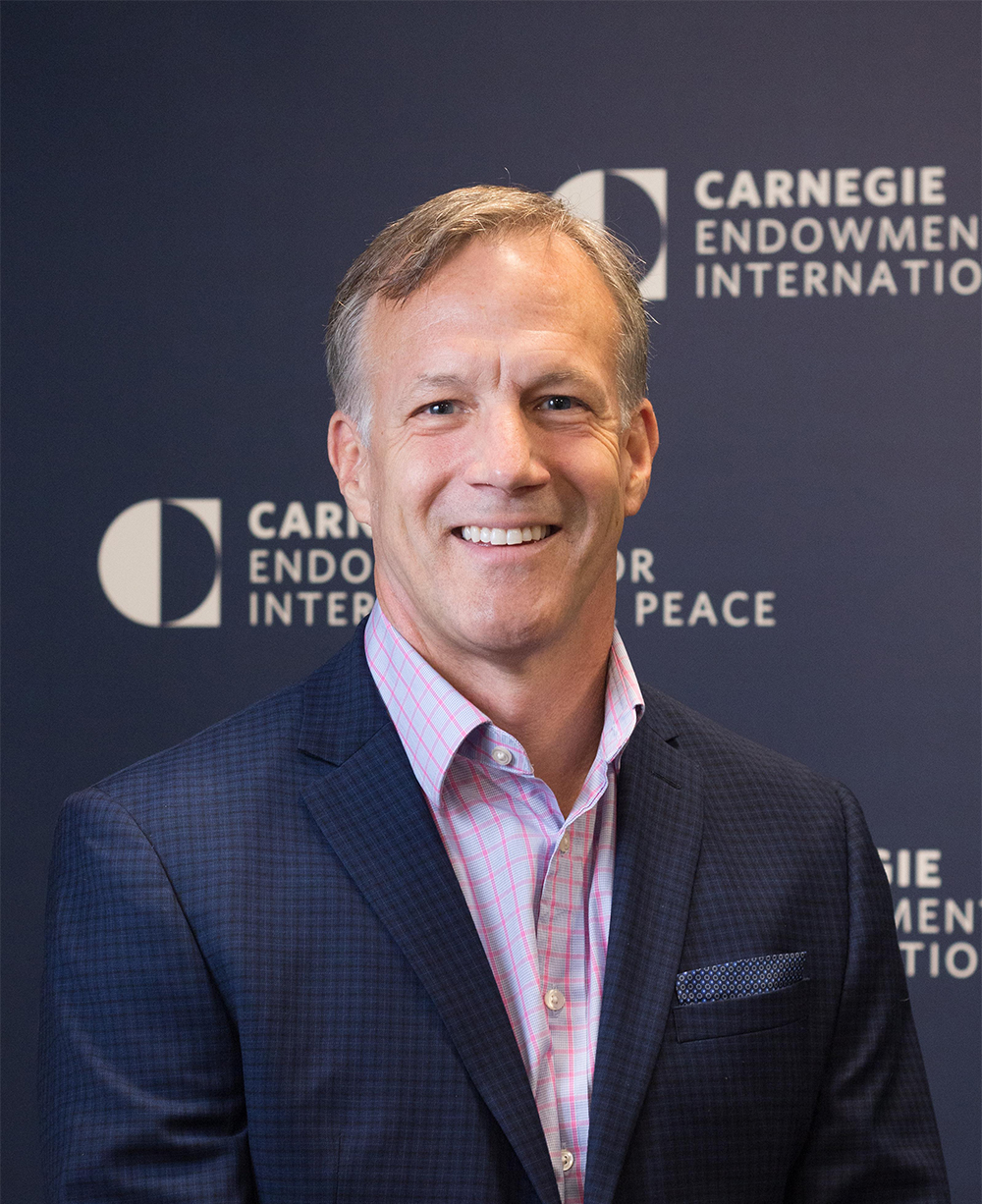{
"authors": [
"Elizabeth Campbell",
"Jeremy Konyndyk",
"Allison Lombardo",
"Mary Mwangi",
"Stewart Patrick"
],
"type": "event",
"centerAffiliationAll": "dc",
"centers": [
"Carnegie Endowment for International Peace"
],
"collections": [
"The Post-American World"
],
"englishNewsletterAll": "",
"nonEnglishNewsletterAll": "",
"primaryCenter": "Carnegie Endowment for International Peace",
"programAffiliation": "GOI",
"programs": [
"Global Order and Institutions"
],
"projects": [],
"regions": [],
"topics": [
"Global Governance"
]
}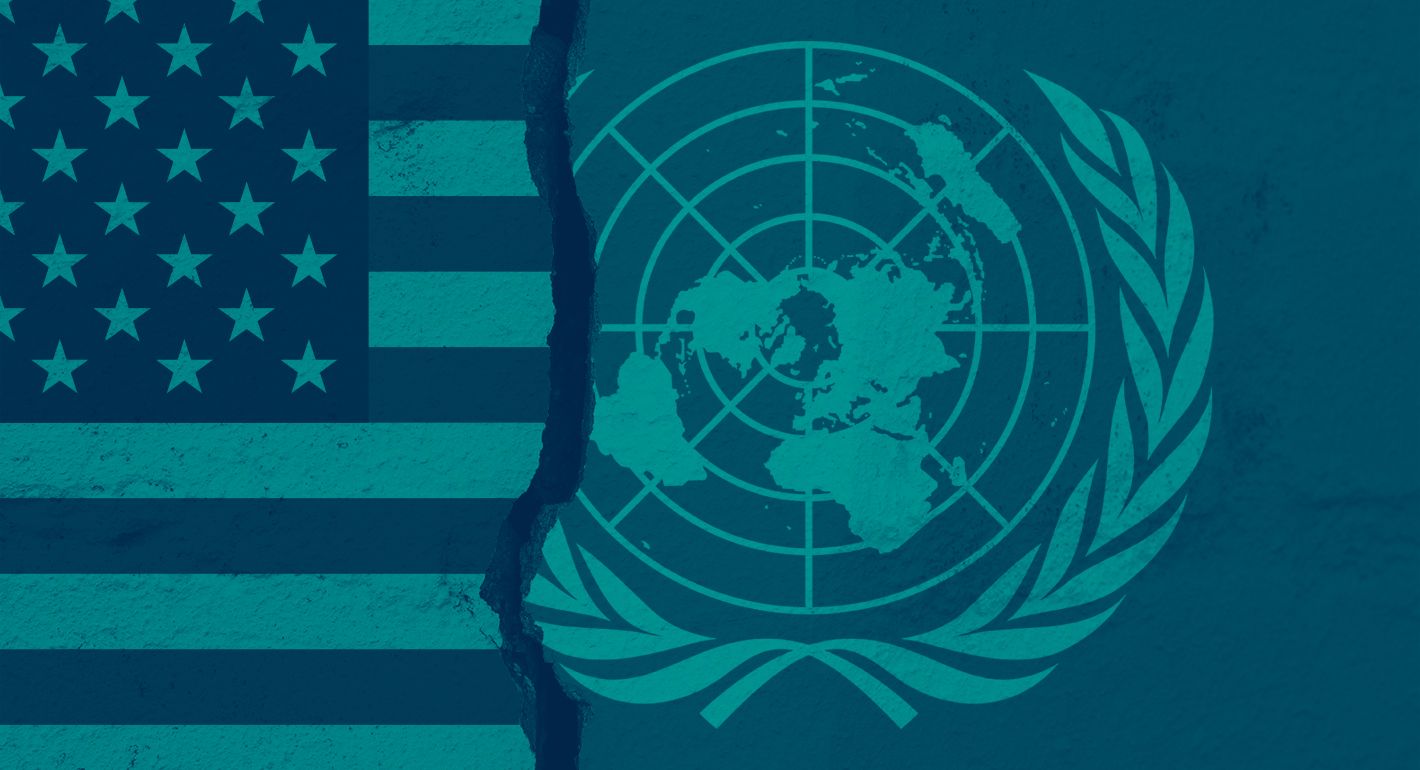
The UN Without the United States: Transforming a Humanitarian System in Crisis
Thu, November 13th, 2025
Live Online
Invalid video URL
The global humanitarian system is in deep crisis: underfunded, overstretched, and under attack. In January 2025, the United States, source of 40 percent of relief aid accounted for by the United Nations in 2024, abruptly paused its foreign aid, exacerbating the already yawning gap between global humanitarian needs and available funding. Secretary of State Marco Rubio has committed to continuing life-saving assistance aligned with an America First foreign policy agenda. But precisely what that means in practice remains unclear.
The immediate funding crisis is forcing dramatic adjustments at the United Nations, including cutbacks and layoffs. The UN Secretary-General has proposed a "New Humanitarian Compact" to integrate and streamline the work of multiple UN agencies involved in humanitarian operations. The crisis is also giving new momentum to long-discussed reform options to advance humanitarian action and principles in more complex operating environments.
What is the future of the humanitarian ecosystem without American leadership? How is the UN trying to adapt to Trump administration cuts? Will other countries and actors fill this financial vacuum? Does this moment of crisis present an opportunity to rethink models of humanitarian delivery to better respond to local needs and conflict dynamics, while remaining true to core principles of humanity, neutrality, impartiality, and independence?
To discuss these and other questions, please join Carnegie senior fellow Stewart Patrick for a conversation with Elizabeth Campbell, executive director of ODI Washington, Mary Mwangi, chief program officer for the Inkomoko Group, Jeremy Konyndyk, president of Refugees International, and Allison Lombardo, former U.S. deputy assistant secretary of state for international organization affairs.
Carnegie does not take institutional positions on public policy issues; the views represented herein are those of the author(s) and do not necessarily reflect the views of Carnegie, its staff, or its trustees.
Event Speakers
Elizabeth Campbell
Executive Director, ODI Global Washington
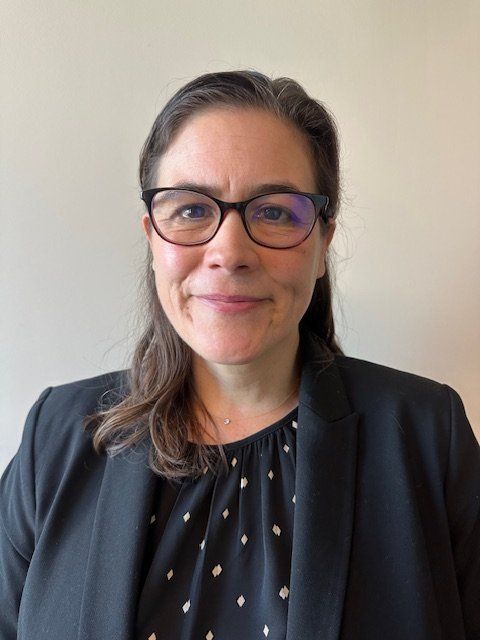
Elizabeth Campbell is the executive director of ODI Global Washington. She previously worked in the State Department as deputy assistant secretary in the Bureau of Population, Refugees, and Migration. Before this role, she was director of United Nations Relief and Works Agency’s representative office in Washington, D.C.
Jeremy Konyndyk
President, Refugees International
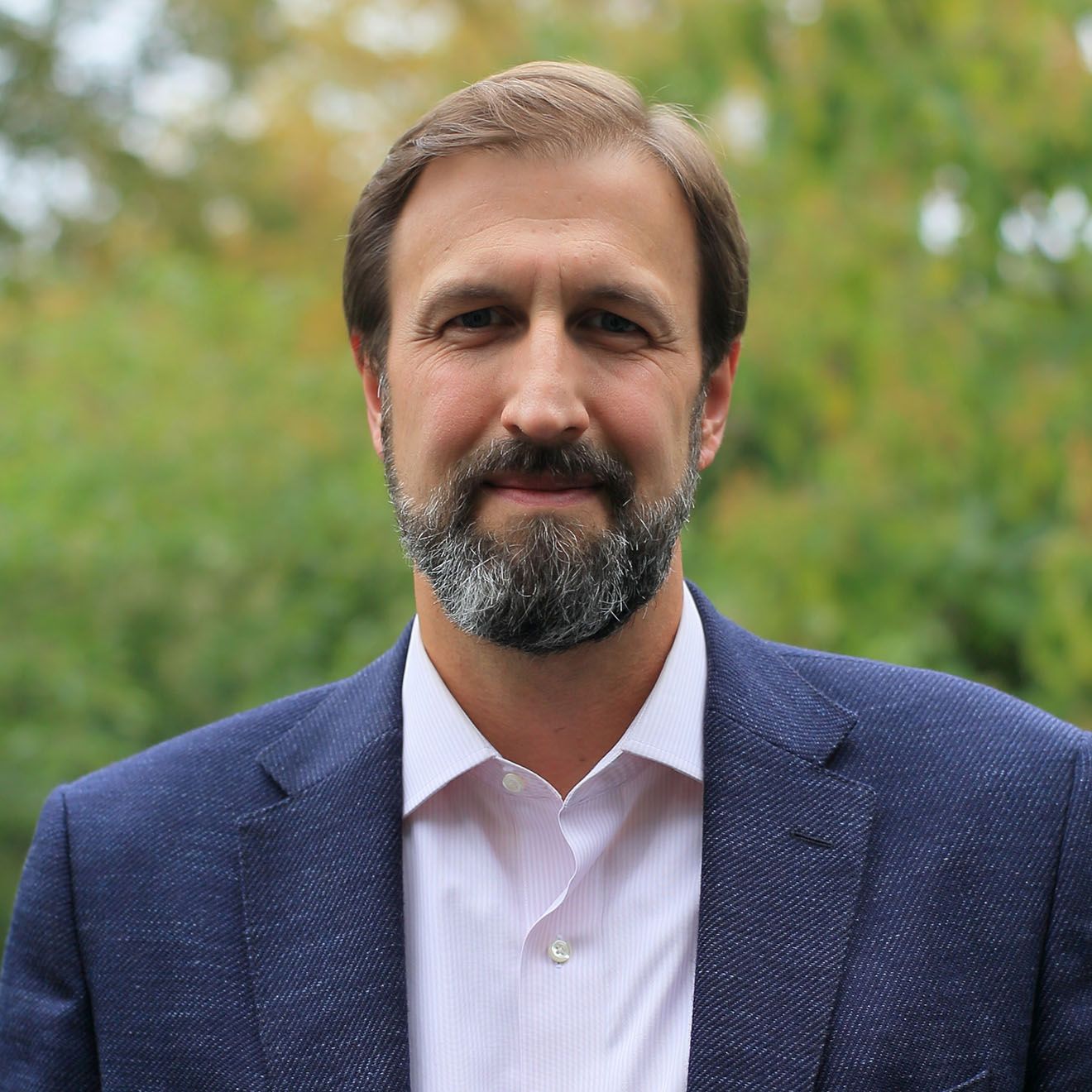
Jeremy Konyndyk is president of Refugees International. Previously, he served as USAID’s lead official for COVID-19. From 2017–2020, he was a senior policy fellow at the Center for Global Development, focusing on humanitarian response and pandemic preparedness research, leading CGD’s “Rethinking Humanitarian Reform” initiative.
Allison Lombardo
Senior Associate (Non-resident), Humanitarian Agenda and Human Rights Initiative, Center for Strategic and International Studies
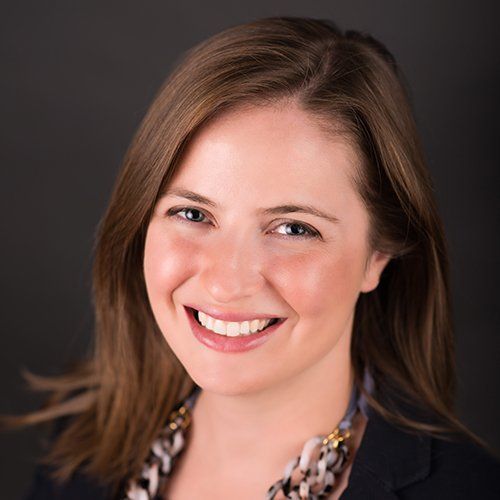
Allison Lombardo served as deputy assistant secretary for international organization affairs at the U.S. Department of State, with a focus on human rights and humanitarian affairs during the Biden administration from 2021 to 2025. Prior to this appointment, Ms. Lombardo was a strategy consultant at Deloitte.
Mary Mwangi
Chief Program Officer, Inkomoko Group of Companies
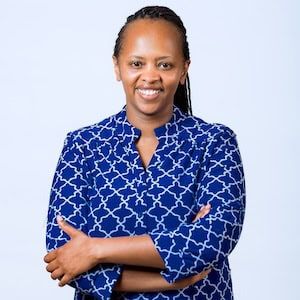
Mary Mwangi is the chief program officer for the Inkomoko Group of Companies. Inkomoko supports entrepreneurs in displacement-affected communities through three core pillars: Investment, Market Linkages, and Advocacy. She has over 17 years of experience in the development space working on entrepreneurship development and has served as the program manager at Argidius Foundation.
Stewart Patrick is a senior fellow and director of the Global Order and Institutions Program at the Carnegie Endowment for International Peace. His primary areas of research focus are the shifting foundations of world order, the future of American internationalism, and the requirements for effective multilateral cooperation on transnational challenges.
